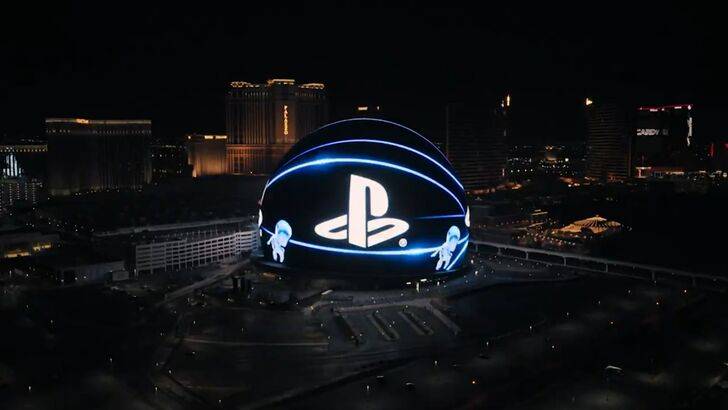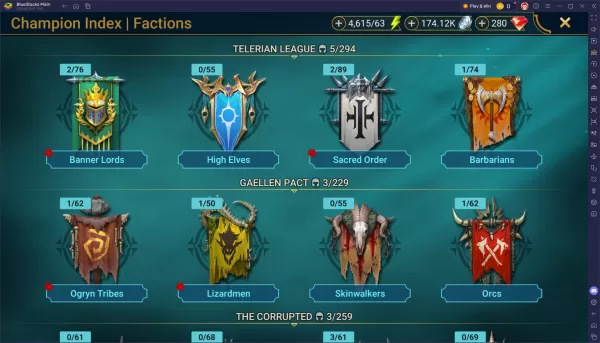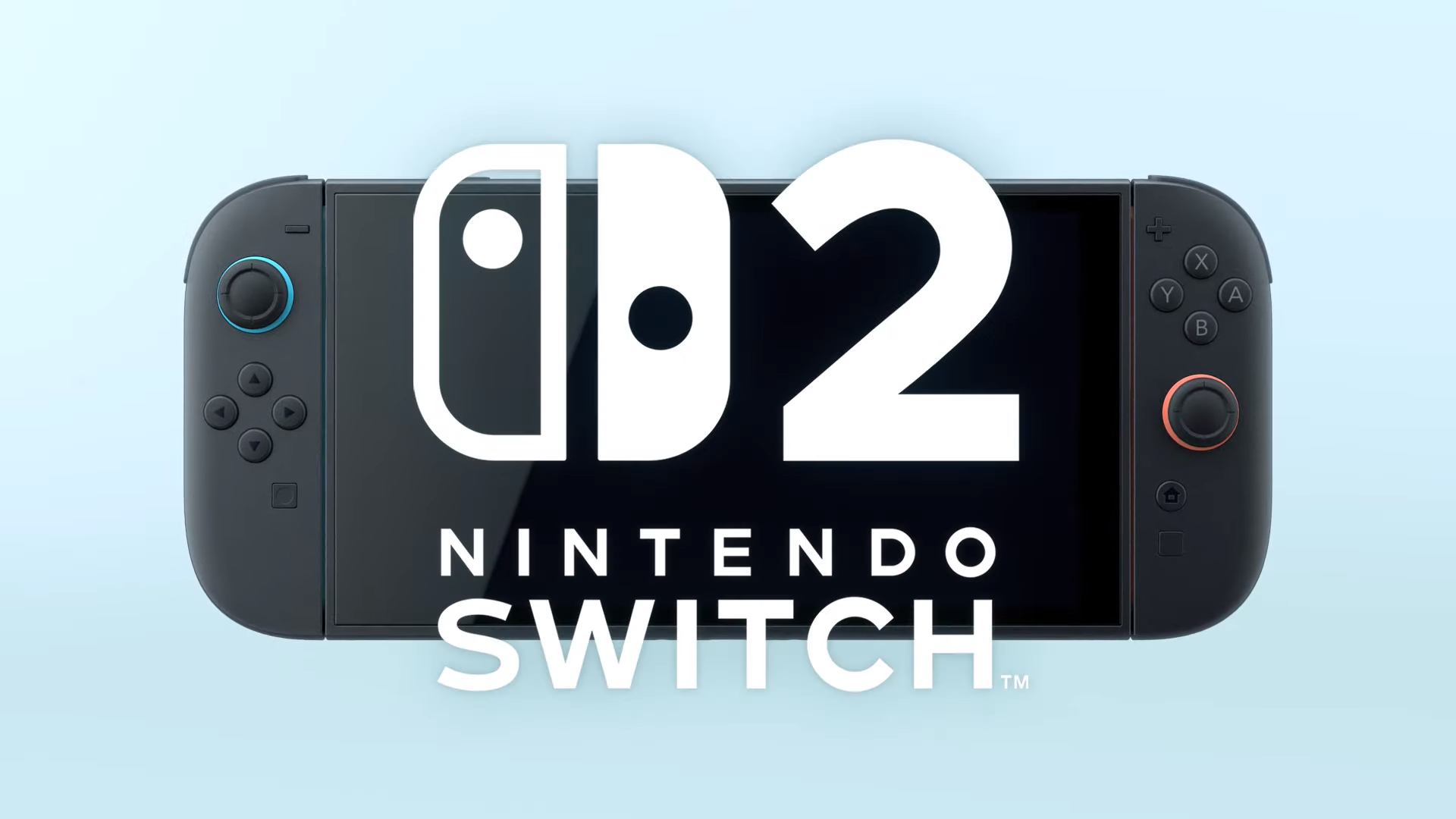PC Port Games on Playstation No Longer Need PSN Accounts
- By Aiden
- May 14,2025

Sony has made a significant change for PC gamers, announcing that PlayStation Network (PSN) accounts are no longer mandatory for playing certain PS5 games that have been ported to PC. This decision comes into effect after the PC release of Marvel's Spider-Man 2 on January 30, 2025. Read on to discover which games are affected and the incentives available for those who choose to use their PSN accounts.
Marvel's Spider-Man 2 and Other Games No Longer Require PSN Accounts to Play on PC

Sony has detailed in a PlayStation.Blog post that players will not need a PSN account to enjoy several PS5 games on PC. This includes Marvel's Spider-Man 2, God of War Ragnarok, Horizon Zero Dawn Remastered, and the upcoming The Last of Us Part II Remastered, set to launch on PC in April 2025. However, PC ports of other titles like Ghost of Tsushima Director's Cut and Until Dawn still require a PSN account.
Incentives for Players with PSN Accounts

While a PSN account is no longer a necessity, Sony is offering enticing incentives for those who continue to log in with their PSN credentials. These benefits include access to trophies, friend management, and exclusive in-game bonuses:
- Marvel’s Spider-Man 2: Early unlock of the Spider-Man 2099 Black Suit and the Miles Morales 2099 Suit.
- God of War Ragnarok: Access to the Armor of the Black Bear set for Kratos and a resource bundle (500 Hacksilver and 250 XP) from the first Lost Items chest in the Realm Between Realms.
- The Last of Us Part II Remastered: +50 points to unlock bonus features and extras, plus Jordan’s Jacket from Intergalactic: The Heretic Prophet as a skin for Ellie.
- Horizon Zero Dawn Remastered: Gain access to the Nora Valiant outfit.
Sony has also hinted that PlayStation Studios may introduce more benefits for PSN account holders in the future.
Sony Received Backlash for Forcing Players to Have a PSN Account

In 2024, Sony faced significant backlash after requiring Steam players of Helldivers 2 to link a PSN account, citing "safety and security" reasons. This led to the game's delisting in over 170 countries where PSN is not supported. After receiving widespread criticism and negative reviews, Sony reversed the decision within three days, acknowledging the need to better understand PC gamers' preferences.
Similarly, the PC port of God of War Ragnarok in 2024 also drew criticism for its PSN requirement, reflected in negative reviews on Steam. Sony has not fully explained why PSN accounts are necessary for their single-player games.
Currently, PSN is only available in about 70 countries, leaving over 170 countries without access. This forces players in unsupported regions to create accounts in supported countries, raising privacy concerns, especially given Sony's past issues with data breaches.
Latest News
more >-

-
- Cardinals Watch Conclave Ahead of Key Event
- Feb 15,2026
-

-

- Xbox Controller Gets a Major Upgrade
- Feb 13,2026
-

- Top 2025 Faction War Champions in Raid
- Feb 12,2026



